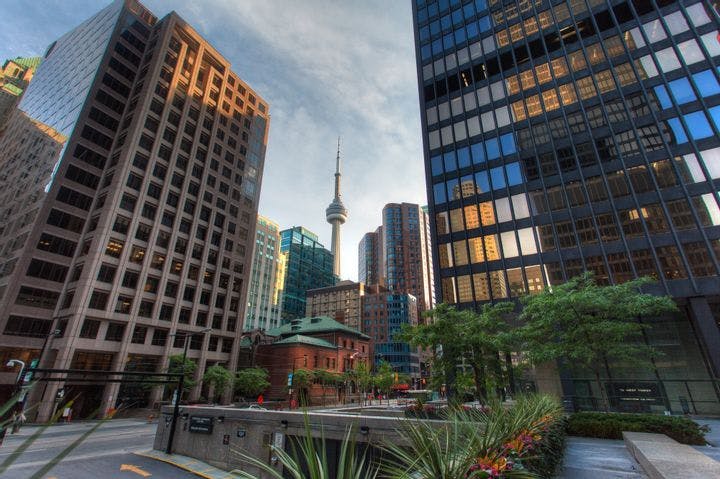Fall 2009
How Cities Go Global
– The Wilson Quarterly
Around the world, about 70 cities provide crucial expertise in insurance, accounting, law, consulting, and programming for firms and exchanges operating across national borders. However, they each retain unique cultural characteristics that are the ultimate source of their strength.
To most observers, New York appears quintessentially American; London, British; and Mumbai, Indian. Yet these enormous urban centers represent a new phenomenon: They are global cities, strategic economic spaces that play crucial roles in the international economy.
About 70 global cities, on every continent except Antarctica, provide crucial expertise in insurance, accounting, law, consulting, and programming for firms and exchanges operating across national borders. But far from being cookie-cutter copies of one another, they retain unique characteristics that are the sources of their strength. The top-rated cities overall, London and New York, are the leading financial, equity, and banking centers of the world, according to Saskia Sassen, a sociologist at Columbia University. But leadership in starting a business comes from Sydney, and in handling derivatives contracts from Seoul.
Chicago, mired in its past as hog butcher to the world, was once thought to be 15 years behind New York and London as a global city. But its history, writes Sassen, author of Cities in a World Economy (2006), gave it an edge. Its long-standing preeminence as a futures market built on pork bellies and heavy industry required highly specialized financial, accounting, and legal expertise. While New York concentrated on service exports, finance, and trade, Chicago became a leading global financial futures center and provider of specialized services for handling heavy industry, heavy transport, and large-scale agriculture. When the Boeing Company, the world’s largest manufacturer of aircraft, decided it needed to leave Seattle, Sassen says, it never gave New York a thought but moved its headquarters straight to Chicago.
The growth of high-profit corporate service firms and of a high-income professional class operating in both the national and international arenas fuels a demand for state-of-the-art office buildings, luxury residences, and luxury “consumption spaces.” Households and profit-making firms of more modest income, no matter how healthy they might be for the economy, are displaced. And this trend sets up a fundamental 21st-century urban rivalry: the gentrifiers vs. the displaced.
It’s been more than 30 years since President Gerald Ford turned down New York’s pleas for aid and earned the slightly unfair, if memorable, headline, “Ford to City: Drop Dead.” No one talks anymore about poor, sad, ailing New York—or London, Tokyo, Chicago, Hong Kong, Singapore, even Frankfurt. Everyone’s too busy servicing the international knowledge economy.
* * *
The Source: "Cities in Today's Global Age" by Saskia Sassen, in The SAIS Review, Winter-Spring 2009.
Photo courtesy of Flickr/[bastian.]
